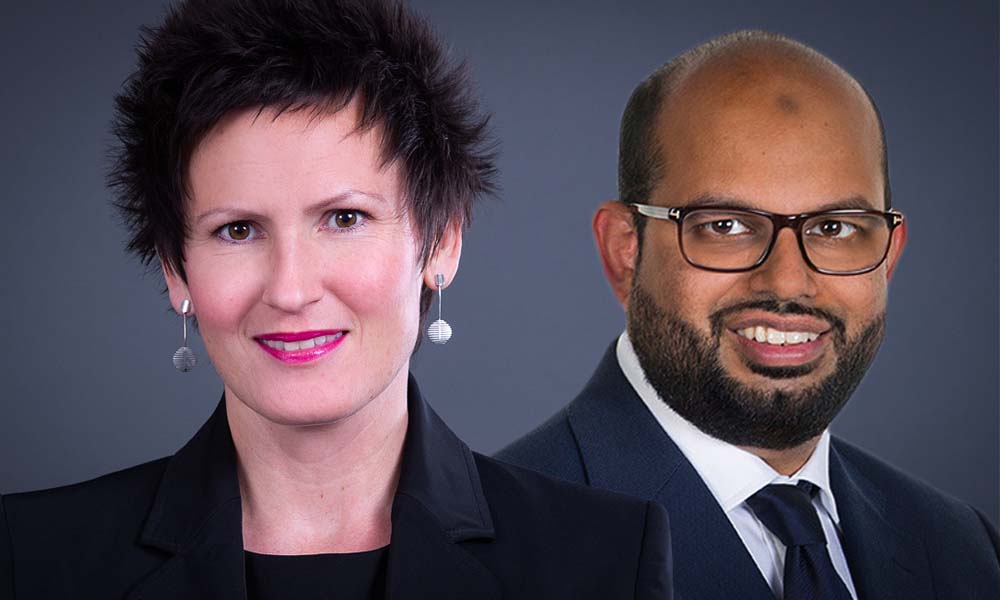DLA Piper and HKA take action to address gender balance in the construction industry
DLA Piper’s Suzannah Newboult and HKA’s Haroon Niazi partner to host roundtable discussion on improving the gender balance in construction

Suzannah Newboult, partner and global board member, DLA Piper and Haroon Niazi, partner, head of Middle East, HKA, have partnered to host a roundtable discussion on the important topic of gender balance in construction in the Middle East. A select group of 15 construction industry leaders also participated.
Held on 12 October, Suzannah introduced the context by highlighting that women are underrepresented in the construction industry across the globe, with various sources suggesting women make up just 14% of construction professionals globally. In countries across the Middle East that percentage is significantly lower.
“The majority of people believe in equality of opportunity, but there are other compelling reasons to increase female participation in the industry. Diversity of thought can bring fresh approaches and strategies, and broader ideas for tackling the challenges the industry faces. Not only that, but quite simply, the industry ought to reflect the society we live in. Women use buildings, infrastructure and utilities just as men do; it makes sense to include them in the development too,” she said.
“It is vitally important that we find constructive solutions to not only increase awareness of these issues but to close the gap in all sectors. Commitment to change is fundamental, diversity is everyone’s responsibility. By collaborating with DLA Piper and gaining commitment from those attending the roundtable, HKA strives towards helping to solve the problem!” stated Haroon.
Throughout the discussion, an innovative approach called SprintBase was used to define the fundamental challenges and opportunities associated with achieving gender balance, using a cutting-edge platform to apply design thinking methodology. The DLA Piper Change Team guided participants to get to the heart of the reasons for gender inequality in this sector and broaden thinking around measures needed to progress this change.
One standout priority put forward from the group of construction industry leaders was empowering leadership to be advocates for other women in achieving gender balance. This was in recognition that all too often, lone women are able to achieve senior positions but find themselves less empowered when it comes to enabling other women to progress through their careers as readily as their male counterparts.
Another participant focused on raising the awareness and understanding that roles in construction can be filled by women, which built on one participant’s suggestion, ‘we need to inspire the next generation by interacting with them in the early stages of their educational journey’.
Through the use of the platform, the roundtable moved from defining the challenges to identifying those changes which would have significant and radical impacts in our organisations and across the industry. Crucially, the session concluded with the prioritisation of those changes, providing clear direction for the next phases of the design thinking process.
Haroon stated, “the intention is that the next stages will see the top two or three priority areas rigorously interrogated and tested to arrive at definitive actions.”
“Approaching the issue of gender balance through a design thinking methodology brought a structure to the roundtable that was critical to achieving outputs capable of being built upon in future sessions, and to ensure we ultimately drive change,” added Suzannah.
Haroon closed the session with a personal reflection as a father of a daughter with aspirations to join the construction industry and a call to action, inviting participants to join DLA Piper and HKA in their commitment to the next phases of the journey.

























